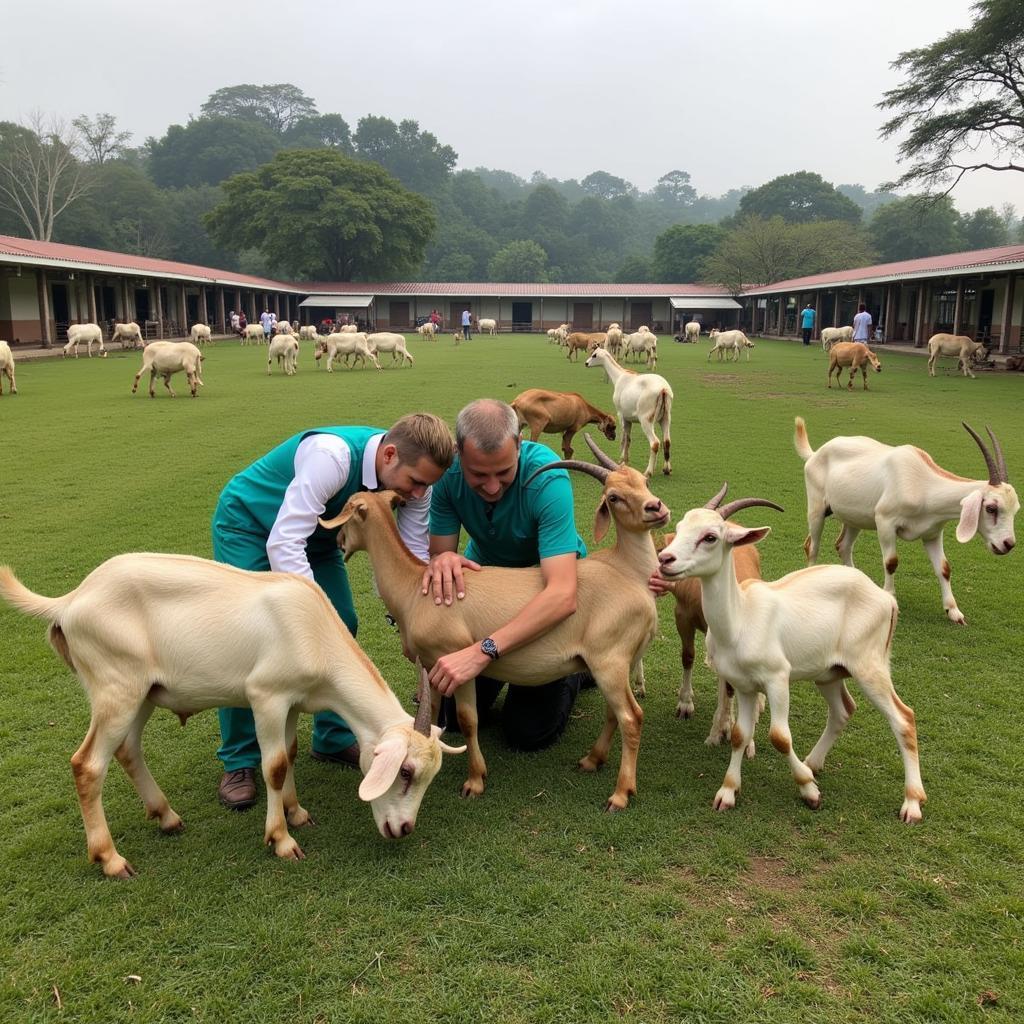What is Pan-Africanism? A Comprehensive Guide
Pan-Africanism is a complex and multifaceted ideology that encompasses a wide range of ideas and movements advocating for the unity, solidarity, and liberation of people of African descent worldwide. It is a powerful force that has shaped the history, culture, and politics of Africa and the African Diaspora. In this article, we will explore the historical roots, core principles, and contemporary relevance of Pan-Africanism, offering a comprehensive understanding of this vital movement.
The Origins of Pan-Africanism
Pan-Africanism has its roots in the transatlantic slave trade, which forcibly uprooted millions of Africans from their homelands and transported them to the Americas, the Caribbean, and Europe. This experience of shared suffering and oppression fueled the earliest calls for unity and liberation among people of African descent.
In the late 19th and early 20th centuries, prominent intellectuals like W.E.B. Du Bois, Marcus Garvey, and Kwame Nkrumah played a pivotal role in shaping Pan-Africanism. They argued for the recognition of Africa as a continent with a rich history, culture, and intellectual tradition, challenging the Eurocentric narratives that had long dominated Western discourse.
Key Events and Movements
- The Pan-African Congresses: A series of conferences held between 1900 and 1945, bringing together African and Diasporan intellectuals, activists, and politicians to discuss issues of racial equality, self-determination, and independence.
- The Negritude Movement: A literary and intellectual movement that emerged in the 1930s, celebrating African culture and identity and promoting a sense of Black consciousness.
- African Independence Movements: From the 1950s to the 1970s, numerous African countries gained independence from colonial rule, inspired by Pan-African ideals of self-determination and unity.
Core Principles of Pan-Africanism
At its core, Pan-Africanism is grounded in the following principles:
- Unity and Solidarity: Pan-Africanism emphasizes the interconnectedness of people of African descent across the globe, promoting solidarity and mutual support in the struggle against oppression and discrimination.
- Self-Determination: Pan-Africanists advocate for the right of African nations and communities to determine their own destinies, free from external interference and exploitation.
- Economic Liberation: Pan-Africanism seeks to address the historical and ongoing economic inequalities that have disadvantaged Africa and people of African descent, advocating for the creation of a more equitable and just global economic order.
- Cultural Preservation: Pan-Africanism celebrates the diverse and rich cultural heritage of Africa, promoting the preservation and revitalization of African languages, traditions, and artistic expressions.
Contemporary Relevance of Pan-Africanism
Pan-Africanism remains relevant today in addressing the ongoing challenges faced by Africa and the African Diaspora. It provides a framework for:
- Promoting African Unity: Pan-Africanism encourages collaboration and integration among African nations to address shared challenges such as poverty, conflict, and disease.
- Advocating for Social Justice: Pan-Africanism continues to inspire movements for social justice and racial equality, fighting against racism, discrimination, and systemic inequalities in the Americas, Europe, and other regions.
- Empowering African Voices: Pan-Africanism promotes the amplification of African voices and perspectives, challenging Eurocentric narratives and promoting greater understanding of African history, culture, and contributions to global civilization.
The Future of Pan-Africanism
As Africa continues to grow and evolve, Pan-Africanism is poised to play an increasingly important role in shaping the continent’s future. The movement’s focus on unity, self-determination, and economic liberation aligns with the aspirations of a younger generation of Africans who are determined to build a prosperous and equitable future for their continent.
FAQs
1. Is Pan-Africanism a political ideology or a social movement?
Pan-Africanism encompasses both political and social aspects. It has inspired political movements, organizations, and governments, but it also operates at the level of grassroots activism, cultural expression, and community organizing.
2. How does Pan-Africanism differ from Afrocentrism?
Afrocentrism focuses specifically on the centrality of African history, culture, and perspectives in understanding world history and civilization. Pan-Africanism, on the other hand, is a broader ideology that includes political and economic dimensions, advocating for the unity and liberation of people of African descent globally.
3. Is Pan-Africanism relevant in a globalized world?
Pan-Africanism is even more relevant in a globalized world, as it provides a framework for addressing the challenges of globalization, such as economic inequality, cultural homogenization, and the persistence of racism and discrimination.
4. What are some examples of Pan-Africanism in action today?
Contemporary examples of Pan-Africanism include the growing movement for reparations for slavery and colonialism, the increasing collaboration between African nations in trade and development, and the global resurgence of African cultural expressions.
5. How can I get involved in Pan-Africanism?
There are numerous ways to get involved in Pan-Africanism. You can support Pan-African organizations, participate in activism and advocacy, learn about African history and culture, and engage in dialogue and education about the movement’s principles and goals.
Connect with us!
For more information about Pan-Africanism and its impact, explore the resources on our website. We also encourage you to join the conversation by sharing your thoughts and experiences in the comments section below.



